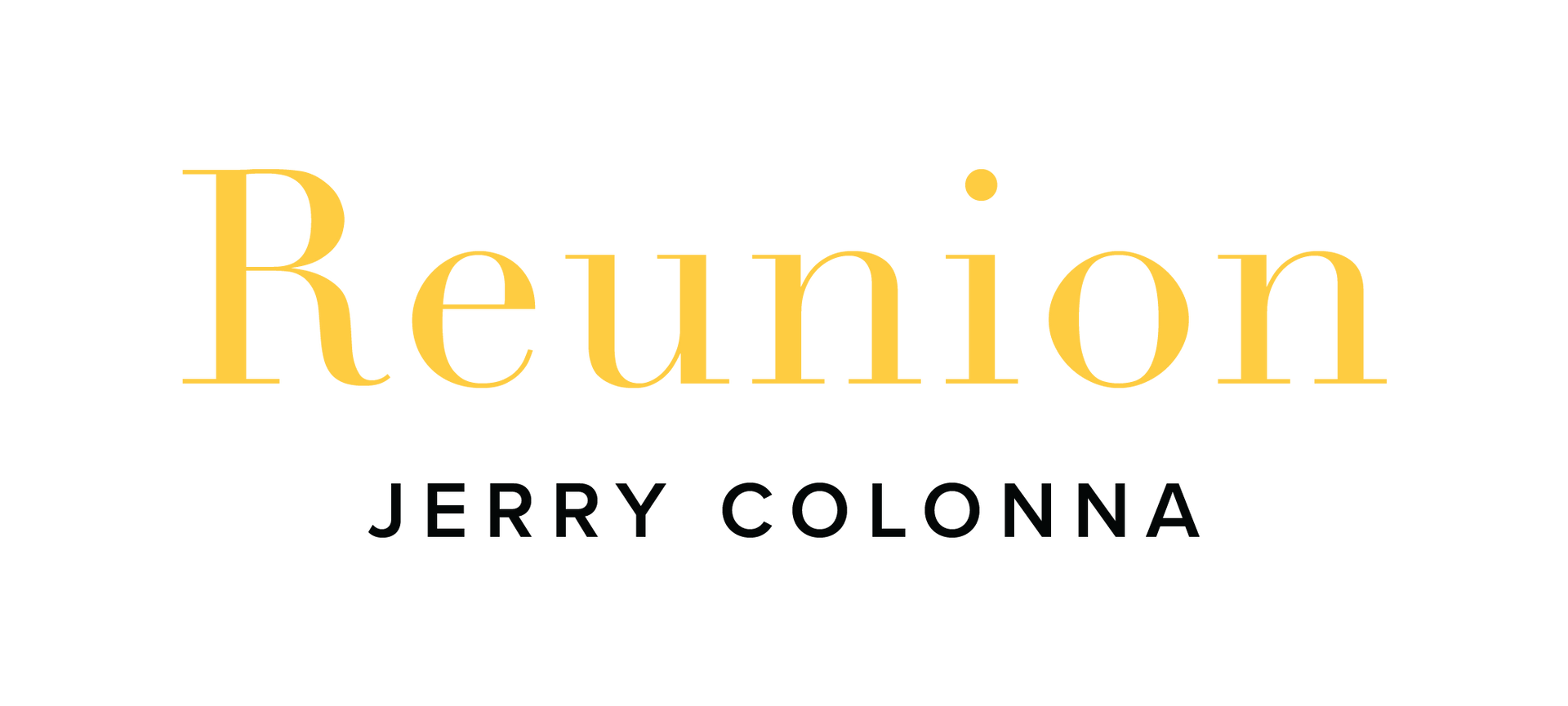Speaking The Unspoken and Naming The Unnamed
I was born in 1983. It took me a long time to come out to my family. I had to move across the United States, build a successful company, and sell it in order to feel safe enough to risk a rejection that otherwise could have mortal consequences. I had to run myself ragged personifying ambition to distract myself from the fact that who I projected to the world was in deep misalignment with how I was most comfortable.
I had to break under the pressure of keeping such a large amount of myself in shadow, distancing myself from those I loved. I had to get tired of covering my self- exploration in shame, darkness, and secrecy. And since I began the process of integrating, I have carried a persistent inquiry: “Why was this so hard?” I believe our reunion can help us bring compassion to ourselves as we explore the answers.
We all have queer ancestors. All of us. What did it cost them to hide? Who didn’t survive? For those who accepted themselves and their desires, how did they create space for themselves? I know it’s impossible to answer these questions. The answers aren’t the kind of thing you put in most family histories. So answering these questions is not my goal. Honoring my ancestors, and myself, is. As we ponder the ways that our ancestors have been Othered, have been allied with whiteness or other oppressive systems, we explore the interior and exterior world that they passed down to us. It’s up to us to integrate into those worlds or continue to dissociate, disown, and fracture ourselves. The direction we choose has implications for the heart of our organizations, communities, and society.
The history of my family includes stories dating back to 1734. In a carefully preserved record of the history of the Baumanns, my fourth great- grandfather is quoted as saying, “We Baumanns have been accused of ancestor worship.” For him, what is described as “ancestor worship” represented the need to inform future generations of their ancestral Belonging.
I am humbled they wrote so much for me. Pieces of me come alive taking in words my ancestors put to paper 150 years ago. As I read each generation describing their ancestors in their own words, I identify strong character traits given to descendants. I see moments of my own upbringing connected to a thread that stretches hundreds of years and across the Atlantic Ocean. In the words of one family patriarch, this history is a “heritage of inestimable value, and far greater than an abundance of material possessions could ever have been.”
Devotion to God was a cornerstone value for the Baumanns. As the Swiss population expanded in the second half of the 1800s, Christianity’s role in education and daily life was changing. My ancestors came to the United States in part because public education in Switzerland included religious lessons taught by “unbelieving teachers.” How could the Baumann children be God- fearing if their teachers were not?
My ancestors departed Switzerland in 1869 and made their way to Ohio. Within a year they purchased a farm in Henrietta Township. In Henrietta, they based their life around the Methodist Church. But not surprisingly, that carefully preserved history passed down from one generation to the next has no mention of queer identities or relationships. By the time they immigrated to America, Christian ideals about procreative sex were codified into law to discourage what Christians viewed as immoral and deviant sexual behaviors. Even as time marched on and our understanding of sexuality and gender progressed, non- normative expressions were marginalized through medicalization. In the early twentieth century thinking of homosexuality as an identity began to take hold, along with judgments of that identity being unwell, disordered. The values of my family, modeled after the church, did not welcome the expression of homosexuality or queerness.
My ancestors’ homosexuality or queerness would have been repressed and likely included mountains of shame and fear. My queer ancestors no doubt experienced dissociative coping mechanisms ranging from deliberate and conscious management of feelings to completely unconscious manifestations of protection. I know that were I born earlier in my family history; I would not have had the luxury of accepting myself in the way that I do now.
When I look back, it’s scary to see that self- hate might have been a more “logical” coping mechanism than self- love for many of my ancestors. In the late 1800s and early 1900s expressing queerness meant throwing out the most accessible forms of love, safety, and Belonging.
In my darkest hours, struggling with my own queer inclinations, I had to accept there is no guarantee of safety. Safety was not promised to my ancestors, and it is not promised to me. The conditions of my life simply made safety more likely if I accept and love myself than if I don’t. When I had this realization, I began to understand my ambition, my desire to be so far away physically from my family, and the transformative power of a financial safety net. How can we make self- love and self- acceptance safer? It’s an elegant question to help us find agency as humans, as leaders.
As was true for our ancestors, some people in power are making safety and self- acceptance more at odds with one another. In 2022, eighty- seven years after the Reich Office for Combating Homosexuality and Abortion was established, we have an attorney general in Texas who attempted to compile a list of transgender people. This same AG has instructed the Texas Department of Family and Protective Services to investigate parents of transgender children. The government- sponsored animus has forced many families to relocate to other states out of precaution for not only their kids’ mental and physical well- being but their entire families’ well- being. And Texas is not alone. This year across America legislation banning gender- affirming care and restricting name changes is on the rise. Statehouses in 2018 introduced nineteen bills. In 2022 that number was 800 percent higher. Florida’s “Don’t Say Gay Bill” in 2022 is attempting to unname, dismember, and unwelcome the parts of us we have barely been able to liberate.
Taking any step to make self- acceptance safer challenges these actors. A rainbow sticker intended to let a student know they are safe, using language with intention to include more people, the curiosity to inspect a feeling or judgment are just a few examples. In some cases, we are taking steps that our ancestors would have been deeply afraid of. In some cases, we are taking steps we are afraid of.
My own journey of leadership and self- acceptance required the closest in my family to inspect their inherited judgments and our ancestors’ passed- down sense of safety. My generation of Baumanns includes a larger number of queer identities every year. We will continue doing the work of welcoming the parts of ourselves our ancestors didn’t have the opportunity to love.
In my journal, in my thoughts, and in my leadership the unclaimed queerness in my family is made whole. The ancestors who struggled silently are invited to speak; the shame they carried is allowed to be set down. In this way, my reunion deepens my resolve and gives me strength. My reunion gives me the ability to call on my ancestors to stand behind me when I need the bravery to speak the unspoken, to name the unnamed, and to love the unloved. I imagine when we heal ourselves, we heal our ancestors. I imagine they are cheering for the expansion of our hearts, as extensions of their own. I imagine they can see what we see, feel what we feel, and grow as we grow.
Virginia Baumann

